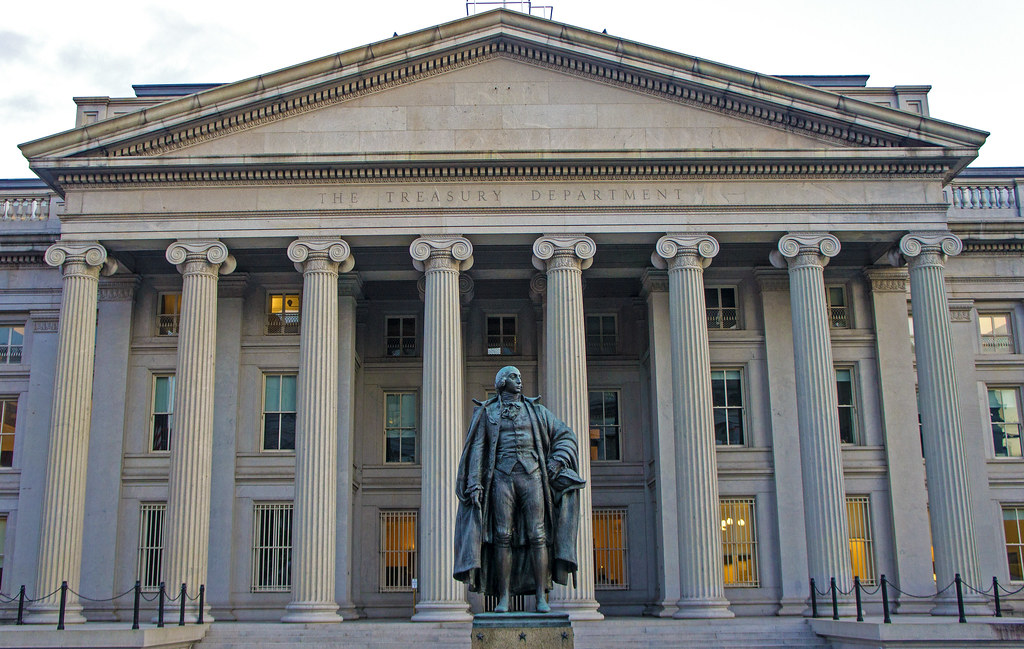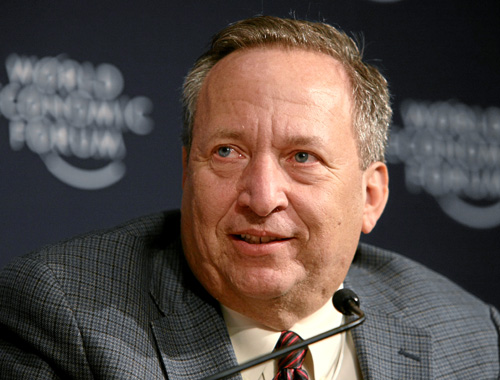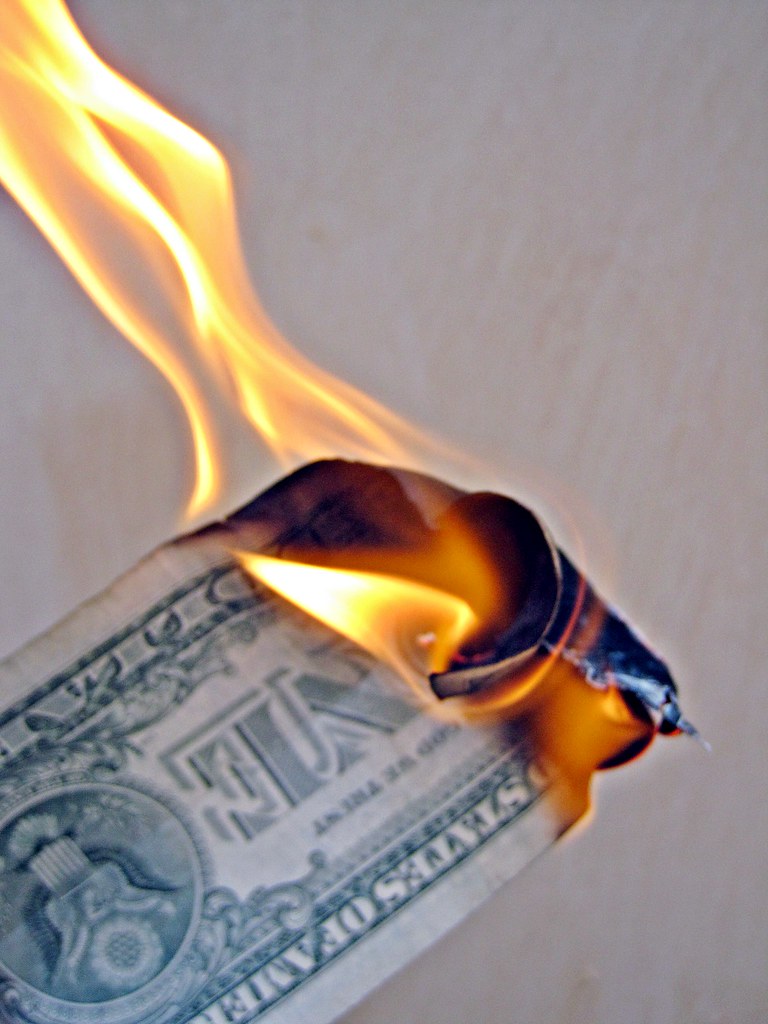February 10, 2023
Journalists' Lack Of Understanding Distorts Economic Coverage
There’s a lot to gripe about when discussing the Beltway media class in the United States. Progressives at groups like FAIR and Media Matters have spent years rightfully criticizing the press for access journalism, the ever-present need to equate perspectives from both major parties, and corporate-sponsored PR published under the facade of a news article. But a recent study of biases present in the BBC’s coverage of UK politics may help us understand yet another major failing of our media. Journalists lack an understanding of basic economic principles, leading them to unwittingly flawed reporting.

January 20, 2023 | Revolving Door Project Newsletter
Hack Watch: The Fairness Doctrine Strikes Again: Media Outlets are Calling Republicans’ Austerity Pushes a Debt Ceiling “Showdown”
However, in their ongoing quest to appear “neutral” and “balanced,” some media outlets are saying that the damage will be done by the deficit ceiling fight itself, not by the Republican push to default on our loans.
December 02, 2022 | Revolving Door Project Newsletter
Hack Watch: Reporters Know There’s A Reason For The Threatened Rail Strike, Right?
What parts of the rail strike story don’t get told by mainstream outlets says more than what they do write.
November 16, 2022 | Revolving Door Project Newsletter
Hack Watch: Summers's Cyber Speculation
How The Former Treasury Secretary Boosted Crypto Bros

October 07, 2022 | Revolving Door Project Substack
Larry Summers And Jason Furman Aren't Really Democrats
Identifying people who don’t support the party’s key policies as Democratic thought leaders only serves to reinforce outmoded center right ideology.

September 09, 2022
The CEA's New Antitrust Guy: Should We Be Worried?
According to Marshall Steinbaum, Assistant Professor of Economics at the University of Utah, “This appointment signals that the CEA isn’t on board with the administration’s anti-monopoly agenda.” And that could be dangerous.



June 28, 2022
Rogue Regulator: Biden Cedes Chance to Enlist FMC in Inflation-Fighting Agenda
Biden had a chance to change the commission undermining his inflation messaging. Instead, he demurred.

May 24, 2022
10 Things Biden Can Do About Inflation Without Congress
ome of the approaches can provide immediate relief, but many of them involve fixing broken incentive systems through increasing competition and corporate oversight. Inflation is not just a flash-in-the-pan issue, it is a consequence baked into our market structure and regulatory regime.
March 09, 2022 | Revolving Door Project Newsletter
The Seeming Minutiae that Matters Greatly
The Biden administration is continuing to ramp up economic pressure on Russia through a far-reaching sanctions regime. However, even as many experts praise the United States’ measures, particularly those aimed at Russian oligarchs’ overseas wealth, they are also questioning how effective they will be in the face of loopholes and implementation challenges.
March 02, 2022 | Revolving Door Project Newsletter
Dylan Gyauch-Lewis Max Moran Toni Aguilar Rosenthal
Corporate CrackdownDepartment of JusticeEconomic PolicyFinancial Regulation
What Can Biden Actually DO From His State Of The Union?
If there’s one thing the readers of this newsletter definitely haven’t read yet today, it’s a reaction to last night’s State of the Union address.
Like many, we were hoping to see President Joe Biden adopt a new overall message to the American people as his poll numbers have sagged and Democrats brace for a rough midterm election in just eight short months. We’ve been making our pitch for the last few months about what that message should be: Biden ought to use his powers to crack down on corporate villains, and heavily publicize doing so. The ubiquity of already unpopular enemies and latent presidential powers gives Biden the chance to clarify to the public what exactly he stands for. Our Jeff Hauser and Max Moran laid out the case for this “Corporate Crackdown” message in Democracy Journal in January.
February 16, 2022 | Revolving Door Project Newsletter
Is Crypto Experiencing Inflation in the Price of Revolvers?
Inflation, it’s all anyone can seem to talk about. With prices rising at their fastest rate in more than three decades, the White House is understandably looking for ways to get things under control. Rhetorically, they’ve pointed their finger at corporate greed, highlighting the stark contradiction between companies’ claims that price hikes are unavoidable and their record profits (which, by definition, mean they can raise prices faster than their costs are rising). Action to follow that diagnosis, however, has been more muted. That is not because they don’t have options at their disposal.
